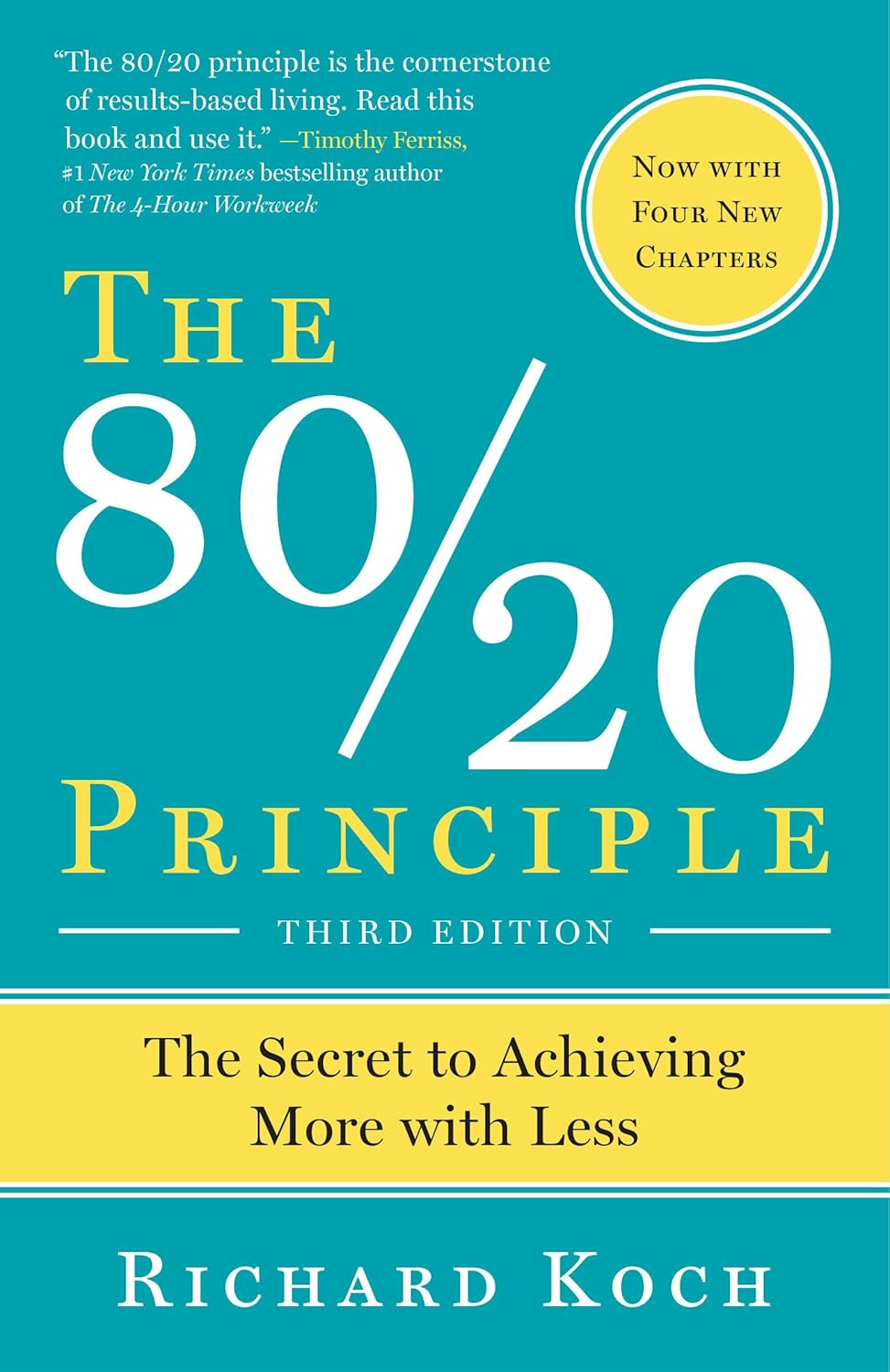From the Trap of Perfectionism to the Art of Imperfection
Discovering Inner Satisfaction Through the 80/20 Rule
The GCC exists to promote quality and ethical coaching practices, build meaningful connections with peers, and provide inclusive support for coaches across the world. We offer resources, activities, conversations, and collaboration needed for coaches to thrive.
Author: Sara Saebi – Life Coach, Immigrant, and Seeker of Genuine Fulfillment
The Perfectionism Trap
In today’s fast-paced world, many of us (even as coaches) get trapped in an invisible net: the perfectionism trap. Everything has to be excellent, flawless, admirable. Year after year, better results, stronger relationships, more personal growth. But something vital often gets left behind: inner satisfaction.
I used to feel like I was constantly running but getting nowhere. My decisions were more rooted in fear than in hope. I had emotional and mental debts piling up. Debts to myself, to my needs, to my heart. I was more focused on dissatisfaction and stress than on fulfilling my five basic needs. The harder I tried, the more exhausted I became. It felt like something was missing…
Until one day, I came across a book that became a turning point:
The 80/20 Principle, by Richard Koch.
The book opened with a shocking phrase: “Achieve more with less effort.”
As someone addicted to overachievement, I was skeptical. Could we really achieve quality without striving for perfection? But as I dug deeper into the concept, I discovered a powerful truth:
Focusing on the 20% that creates 80% of the results is the key to both peace and effectiveness.
My Personal Story: From Roots to Release
I was raised in a perfectionist family. If you were the best, you were seen. If you were average, you were invisible. I carried this belief into adulthood. In my youth, being alone equaled not being good enough. Every success had to be quickly replaced by a greater one. Nothing was ever “enough.”
So I worked harder and harder. Not to grow, but to be validated. For someone to say, “You’re so capable,” so I could breathe a moment of relief, thinking maybe I was enough.
My true transformation began after immigrating and discovering Choice Theory. I entered a space where I had to stand on my own, with limited language skills, in a foreign land. That’s where I finally paused and looked within.
It took five years for me to realize that perfectionism had separated me from myself.
The 80/20 Rule and My Freedom From “Perfection Addiction”
When I read about the 80/20 rule, something shifted.
“Imperfection means freedom.”
That insight led me to take a bold step: applying for a volunteer role in an English-speaking setting, even with imperfect language skills. In the interview, I said, “I’m not perfect, but I’m eager to learn.” That simple sentence changed everything. For the first time, my need for power and progress came from embracing my imperfections, not denying them.
From that moment on, I started shifting my focus from negative emotions like fear and inadequacy to my basic human needs. I simplified my decisions and reduced the number of choices, aiming for more meaningful, aligned actions. I stopped chasing external validation and started seeking internal fulfillment.
Perfectionism or Satisfaction? The Choice Is Ours.
Perfectionism may seem like a virtue, but in practice, it leads to fatigue, self-criticism, shame, and pressure.
“The more perfect the art, the more imperfect the soul behind it; the more imperfect the art, the more human it becomes.”
Letting go of the need to be perfect is what allows us to feel alive and satisfied.
Key Takeaways from the 80/20 Rule (Especially for Coaches):
Only 20% of our efforts bring 80% of our results. So work smarter, not harder.
Letting go of perfection creates space for creativity.
Focus on your strengths, not your flaws.
True success lies in consistent, practical progress, not dramatic perfection.
Today I Am Just 20% — But 100% Fulfilled
As I write this, I’m in a life chapter where, despite challenges, I feel a deep sense of contentment. As a coach, I believe that inner satisfaction begins with reevaluating how much we do, and why. Not by doing more, but by seeing more clearly and releasing the addiction to “being the best.”
My mind rests easier now. My efforts are lighter but more meaningful. Because now, I live by this motto:
“Create less, with more impact.”
And that’s what I call: Freedom from perfection. Rebirth of self.







